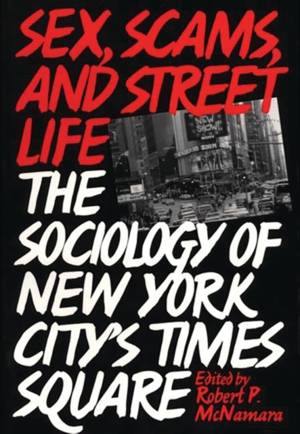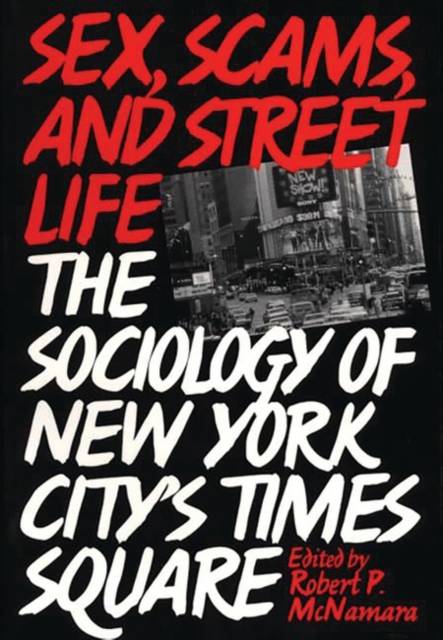
- Afhalen na 1 uur in een winkel met voorraad
- Gratis thuislevering in België vanaf € 30
- Ruim aanbod met 7 miljoen producten
- Afhalen na 1 uur in een winkel met voorraad
- Gratis thuislevering in België vanaf € 30
- Ruim aanbod met 7 miljoen producten
Zoeken
€ 127,45
+ 254 punten
Uitvoering
Omschrijving
For more than 60 years, Times Square has reigned as one of New York's premiere tourist attractions. In recent years, an average of 20 million people visit New York City, and Times Square is a sight most do not miss. The reason for this is that Times Square holds something for everyone: theaters, restaurants, entertainment, and a transportation center that brings almost 400,000 people into the city every day. For a sociologist interested in studying crime and the ways in which deviant networks and communities emerge, Times Square offers numerous opportunities. Because large segments of these groups pride themselves on anonymity, many researchers employ ethnographic research methods. The articles in this manuscript focus on the various aspects of Time Square using the ethnographic approach. The topics include the sex trade, drugs and drug dealing, recent redevelopment efforts, the social ecology of Times Square, and a discussion of police operations in this marketplace.
Specificaties
Betrokkenen
- Auteur(s):
- Uitgeverij:
Inhoud
- Aantal bladzijden:
- 146
- Taal:
- Engels
- Reeks:
Eigenschappen
- Productcode (EAN):
- 9780275950026
- Verschijningsdatum:
- 20/11/1995
- Uitvoering:
- Hardcover
- Formaat:
- Genaaid
- Afmetingen:
- 146 mm x 216 mm
- Gewicht:
- 299 g

Alleen bij Standaard Boekhandel
+ 254 punten op je klantenkaart van Standaard Boekhandel
Beoordelingen
We publiceren alleen reviews die voldoen aan de voorwaarden voor reviews. Bekijk onze voorwaarden voor reviews.











